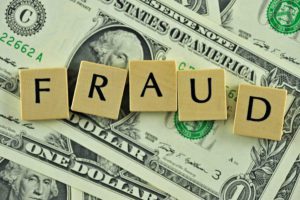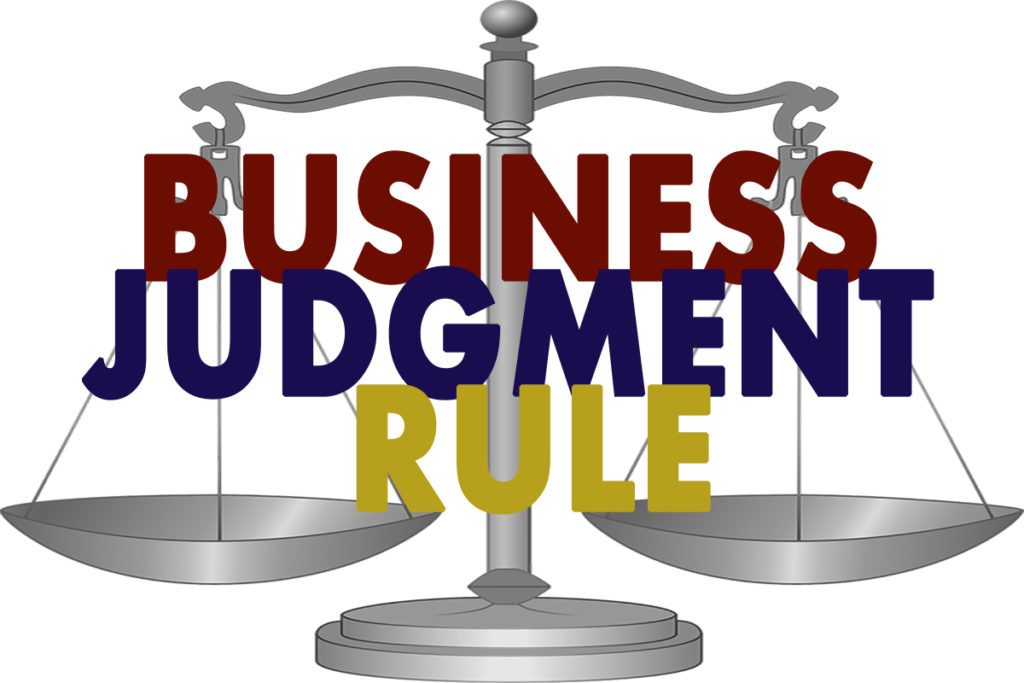The Business Judgment Rule: A Shield for Community Association Board Members and Directors
Reading Time: 3 minutes
By: James O. Birr, III, Esq. and John Rutledge, J.D. Candidate
Disputes between community associations and their members are common. These disputes may evolve into lawsuits. In some instances, the plaintiffs in these lawsuits attempt to hold the directors or officers personally liable for damages. Luckily for the directors and officers, the business judgment rule shields them from personal liability, unless they breach a fiduciary duty.
Florida law requires directors to discharge duties:
- In good faith;
- With the care an ordinarily prudent person in a like position would exercise under similar circumstances;
- In a manner they reasonably believe to be in the best interests of the corporation. Fla. Stat. §607.0830(1).The business judgement rule is a standard originally created to determine if a director of a corporation breached his/her fiduciary duty to the stockholders. Similar to corporations being held accountable to its stockholders, directors owe a fiduciary duty to the association’s members.
Generally, corporate directors and officers do not violate their fiduciary duty, absent actual wrongdoing in the form of fraud, self-dealing or unjust enrichment. See Taylor v. Wellington Station Condominium Association, Inc.

To determine if a director’s actions fall under the business judgment rule, courts analyze whether:
- The association has the contractual or statutory authority to perform the relevant act;
- The decision is reasonable. See Hollywood Towers Condo, Ass’n v. Hampton.
Florida courts have held the business judgment rule applies to the board of directors of community associations. In Nero v. Cont’l Country Club R.O., Inc., former board members brought suit against the community association and the remaining individual board members. The court dismissed the claims against the individual board members and recognized the individual members could not be held personally liable without a showing of fraud, criminal activity, self-dealing or unjust enrichment.
Florida courts have also adopted the business judgment rule when faced with determining whether director’s breached their fiduciary duty in failing to maintain, repair or replace association property. In Sonny Boy, LLC v Asnani, a community association member sought personal liability for breach of fiduciary duty against the association’s board of directors. The complaint alleged the board members failed to properly maintain and repair certain common elements, and that failure caused the member to suffer damages from the loss of use and rental income. The court held the failure to conduct maintenance was not enough to hold the directors personally liable, unless there was a showing of fraud, self-dealing or unjust enrichment.
 Furthermore, mere negligence is not enough to hold a director personally liable without an allegation of fraud or self-dealing. In Perlow v. Goldberg, the court recognized that an association’s failure to properly administer insurance proceeds from Hurricane Andrew was not enough to subject the directors to individual liability without an accompanying allegation of fraud or self-dealing. However, directors can be held personally liable for failing to collect maintenance payments on unsold units that were owned by the directors. See B & J Holding Corp v. Weiss.
Furthermore, mere negligence is not enough to hold a director personally liable without an allegation of fraud or self-dealing. In Perlow v. Goldberg, the court recognized that an association’s failure to properly administer insurance proceeds from Hurricane Andrew was not enough to subject the directors to individual liability without an accompanying allegation of fraud or self-dealing. However, directors can be held personally liable for failing to collect maintenance payments on unsold units that were owned by the directors. See B & J Holding Corp v. Weiss.
Conclusion
The business judgment rule is deferential towards board members and directors. Thus, the business judgment rule can be a powerful defense for a community association’s board of directors and officers. As Hollywood Towers and Nero demonstrate, to be held personally liable the director must commit a fraud, an act of self-dealing, or be unjustly enriched. Simple negligence will not subject a director to personal liability.



